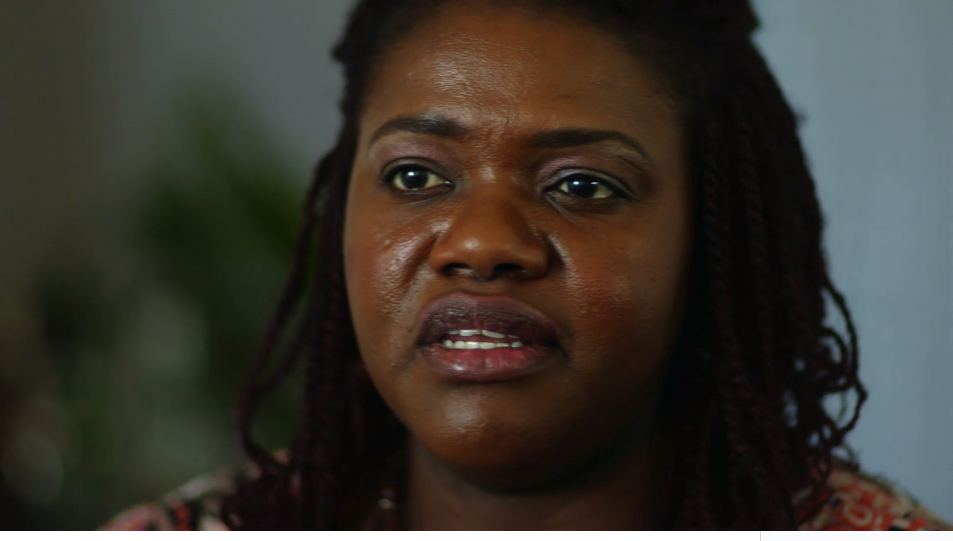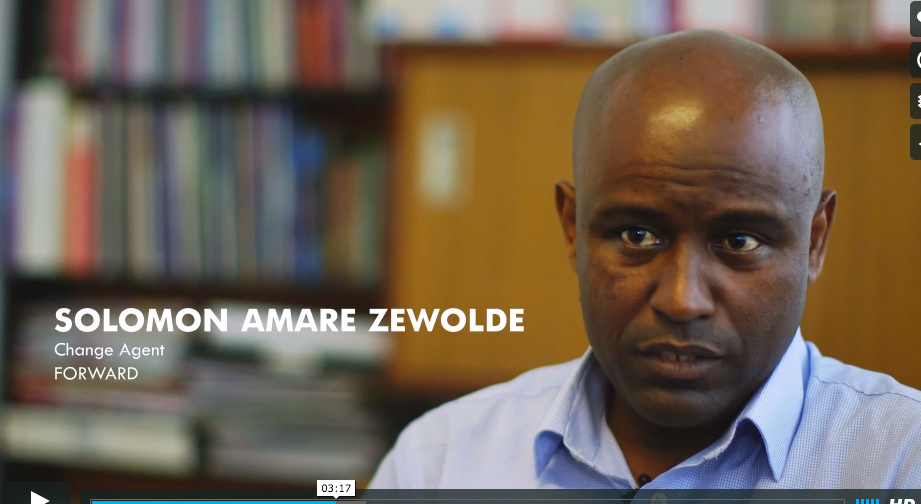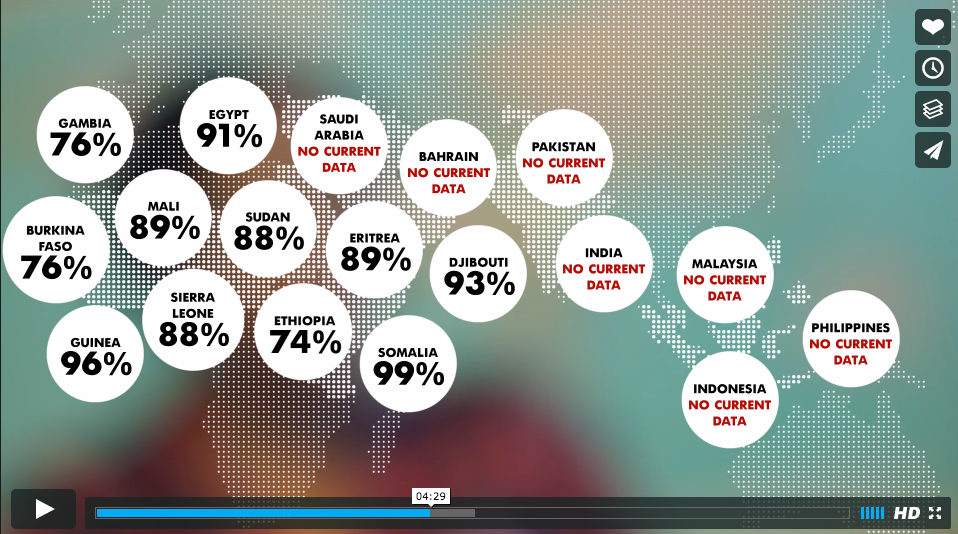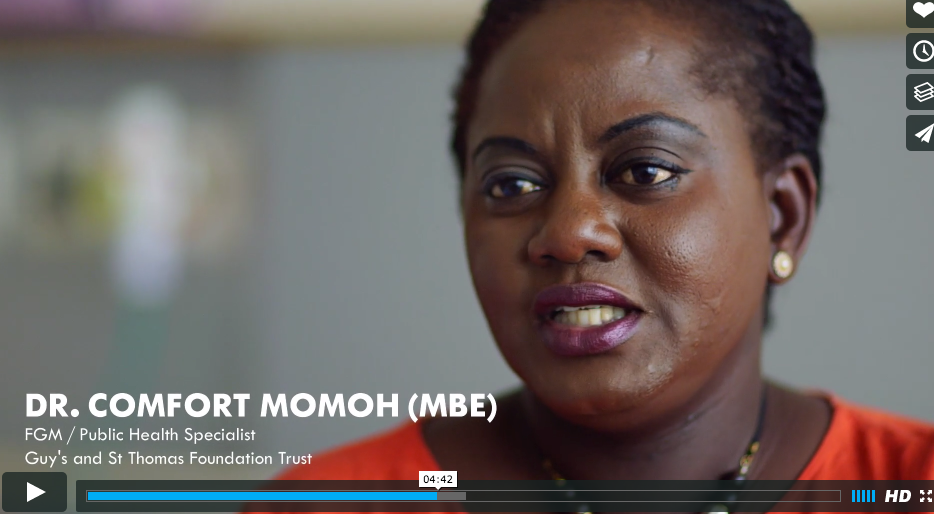This video encapsulates the trauma and pain of undergoing the practice, giving voice to Female Genital Mutilation/Cutting as a collective, shared memory and struggle for the women affected by it.
It features women who have undergone the cut in different places of the world and at different ages, but who all have had the same underlining story to tell.

As these women, who are now FGM activist and researchers, speak:
‘The reason I was given was controlling my sexuality’. ‘Being submissive to men’, another woman adds.

As Solomon Zewolde explains, the underlining thought behind practicing FGM/C in all parts of the world including in the Dawoodi Bohra community is for sexual control of women. This is further perpetuated as a non-negotiable social norm in different societies.
Girls have been made “right” by the cut, one woman chimes in.
This video makes a great case of understanding FGM/C from the point of view of someone who has undergone it and establishes the practices not just as an “African problem”, but a global issue.

And as Dr. Momoh suggests ‘FGM doesn’t discriminate. It predates Islamic religion, it is not in Quran, it is not in the Hadith and it is not in the Bible as well.’

An activist, Sarian Kamara, says in the video about her own experience of FGM, ‘ a part of being happy is being taken away. So I feel more than mutilated. But not all women feel that way’
It is important to recognize all forms of FGM/C as gender-based violence. And it is equally important to acknowledge and support subjectivity of experiences- from severe trauma to no trauma or implications due to extent of the cut and other factors; as we acknowledge the common ground of the practice perpetuating as a social norm.
The video concludes on the note of change, ‘change has begun. We have got the world watching’.
Do watch the video and share your thoughts with us at This email address is being protected from spambots. You need JavaScript enabled to view it..

